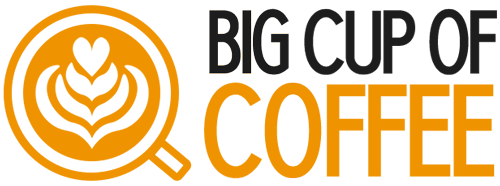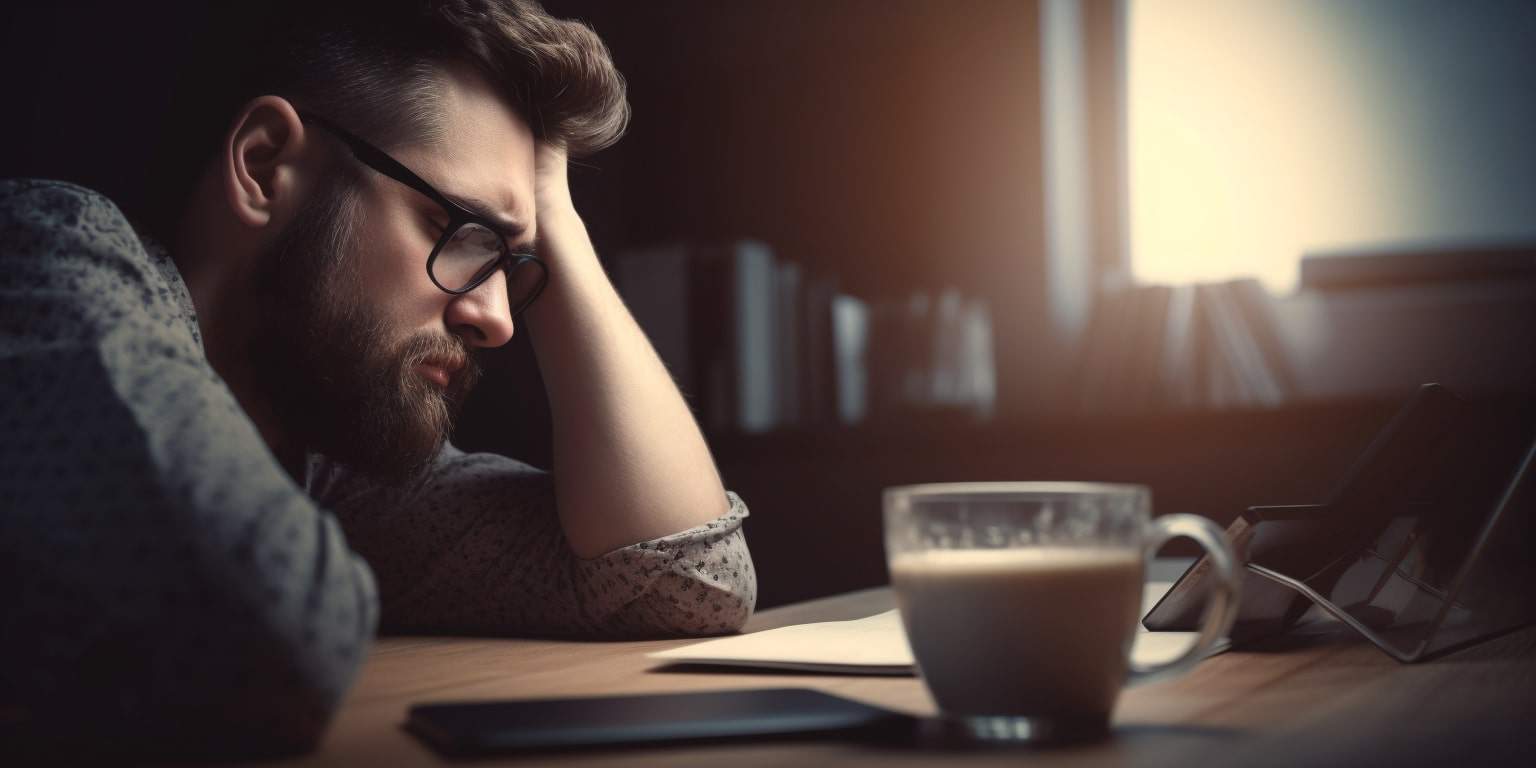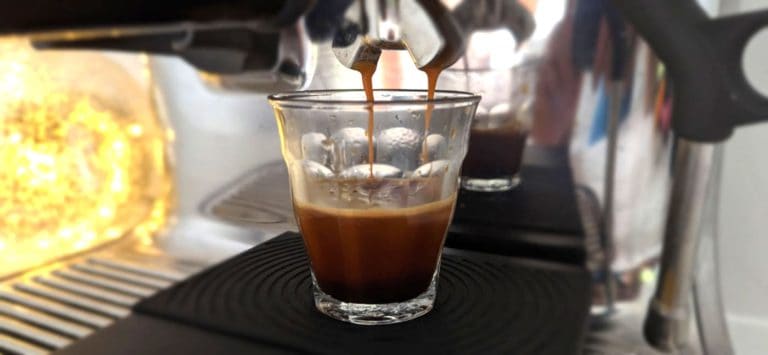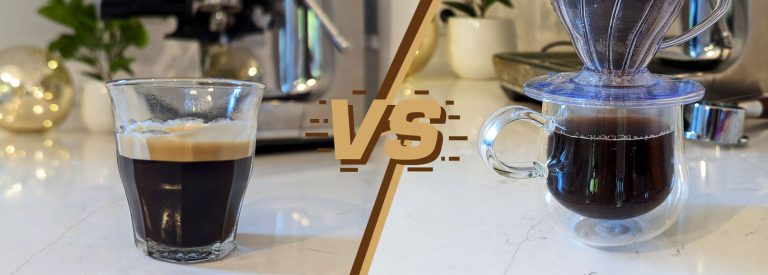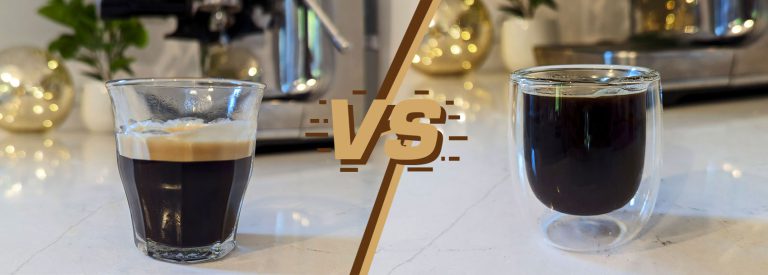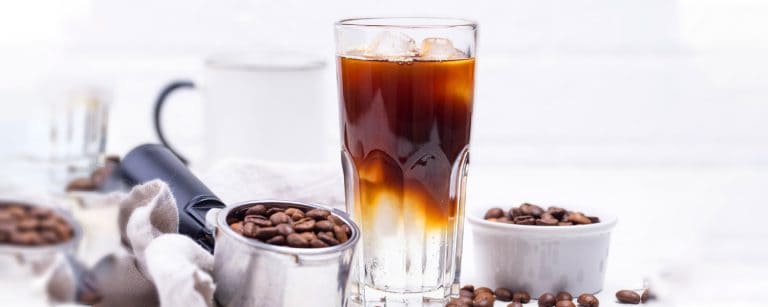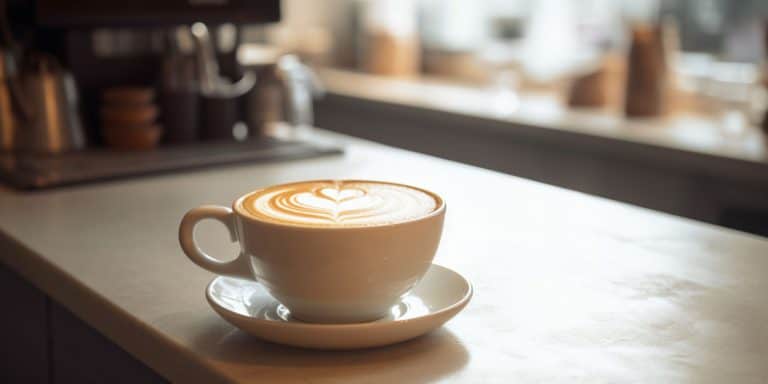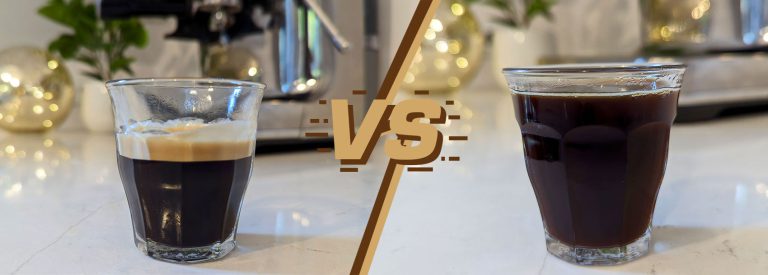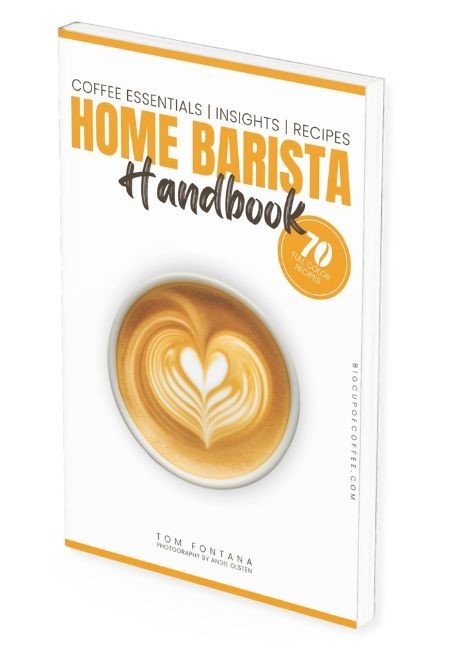Can Espresso Keep You Awake? Guide to Understanding Espresso and Its Effects on Sleep
Like you, I love my morning cup of coffee, but I’ve always wondered about the effects of espresso on staying awake. Sometimes I feel as if espresso has no effect, but sometimes I get a jolt of energy.
Can it keep you alert and productive throughout the day or will it disrupt your sleep at night?
In this article, I’ll dive into the science behind caffeine’s effects on our bodies and explore whether espresso is a good choice for those of us looking to maximize our energy levels (without sacrificing quality sleep).
Read on as we unravel the mystery around one of our favorite beverages.
Can Espresso Keep You Awake?
First of all, you are probably wondering whether espresso can keep you awake?
A 1 oz shot of Espresso contains about 65g of caffeine, a stimulant that can keep you awake. However, the amount of caffeine in espresso varies based on the amount and type of coffee beans used. Also, the effects of caffeine on your body depend on individual factors such as metabolism and timing of intake.
Well, as a barista with years of experience working in coffee shops, I can tell you that espresso definitely has the potential to keep you awake. But how does it measure up against coffee made using other brewing methods when it comes to the caffeine content and its impact on your body?
Firstly, let’s talk about caffeine levels in espresso compared to other beverages. Contrary to popular belief, one shot of espresso actually contains less caffeine than a regular cup of drip coffee. A single shot of espresso has about 65mg of caffeine, vs about 140mg of a cup of drip coffee.
However, since most people consume multiple shots at once, or drink their double-shot espressos as part of lattes or cappuccinos (which contain milk, and as you know from biology class, milk slows down the absorption rate of caffeine), they may end up consuming more caffeine overall.
| Brewing method | Caffeine Content in 1 cup (8 oz/236 ml) |
|---|---|
| AeroPress | 80-100 mg |
| Cold Brew | 100-160 mg |
| Decaf | 0-10 mg |
| Drip Coffee | 95-165 mg |
| Espresso | 50-75 mg (1 oz. shot) |
| French Press | 80-105 mg |
| Pour-over | 175 mg |
Factors such as bean type, roast level and brewing method also play a role in determining caffeine content in espresso.
How Does Caffeine from Espresso Affect Your Body?
Caffeine is literally a magical substance that can turn us into morning people or keep us going through extended work hours. As a barista, I often get asked about the effects of espresso. We know that espresso packs quite the punch, with a 1-ounce shot containing around 65 milligrams of caffeine on average. That is more than enough to give you an energy boost.
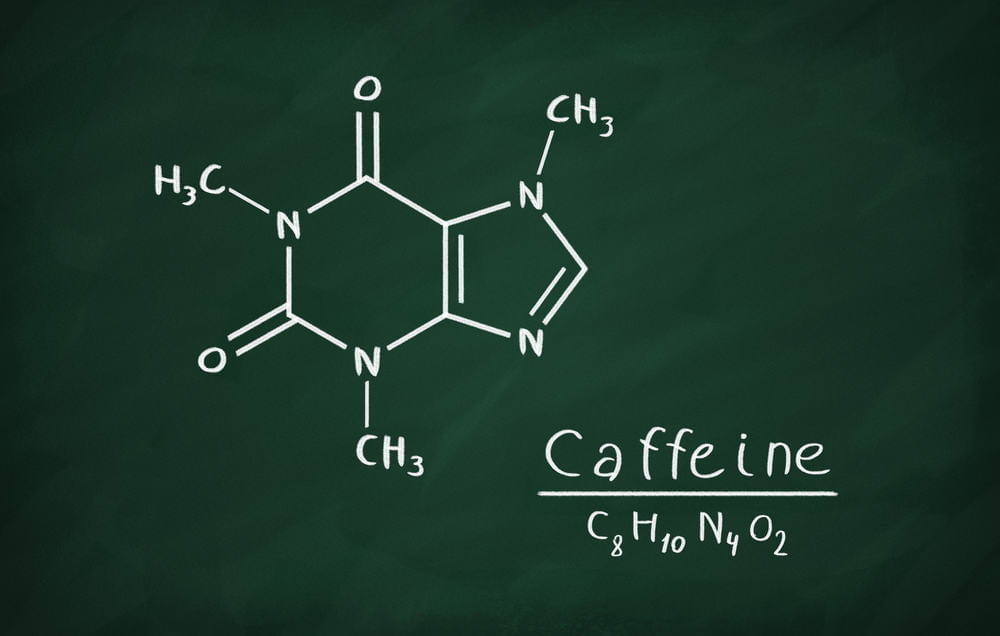
But what exactly happens inside your body after consuming this potent little beverage? Let’s talk science:
The Science Behind Caffeine’s Effects
Caffeine is classified as a stimulant drug because it triggers certain responses in our nervous system. When we consume coffee (or any caffeinated product), caffeine enters our bloodstream and makes its way to our brain.
Once there, it interacts with adenosine receptors – these are the same ones responsible for making us feel tired and sleepy by slowing down nerve cell activity in our brain. By binding to these receptors instead of adenosine molecules themselves, caffeine blocks their calming effect and speeds up neuron firing rates.
This increased neural activity results in various physiological changes such as elevated heart rate and blood pressure levels while also promoting feelings of alertness and focus.
How Long Does Caffeine Last in Your System?
Now that we’ve discussed how caffeine works let’s explore another common question: “How long does espresso last?”
The half-life of caffeine varies depending on several factors but typically lasts between four to six hours before wearing off completely; however individual differences such as age, metabolism speed genetics among others affects this duration too.
Ingesting larger quantities may extend its effects even further leaving some feeling jittery or anxious later which definitely not desirable especially closer bed time.
As someone who loves my cup(s)of espressos throughout the day, I always keep in mind how my body responds to caffeine and adjust accordingly. So go ahead and enjoy that delicious, energizing espresso shot – just remember to drink it earlier during the day or switch to decaf later for a good night’s sleep!
The Relationship Between Espresso and Sleep
You may have heard, or even experienced firsthand, that caffeine from espresso (or any coffee for that matter) can impact your sleep quality and duration.
Factors affecting the likelihood of espresso impacting sleep include:
- individual sensitivity to caffeine,
- how much you consume,
- when you consume it.
Timing Your Espresso Intake for Optimal Sleep
How late is too late for consuming espresso? As a general rule of thumb, it’s recommended to avoid drinking anything with caffeine 4-6 hours before bedtime.
But with that said, this varies person by person since everyone metabolizes caffeine differently. I had an uncle that always had a coffee before going to bed at night. Go figure…
If you are someone who struggles with falling asleep or staying asleep but still wants to enjoy an afternoon pick-me-up shot of espresso without sacrificing precious Zzzs later on at night, I can give you some tips to help minimize sleep disruption from caffeine:
- Limiting your intake: The amount of caffeine needed to disrupt your sleep will vary depending on factors such as age, weight distribution metabolism rate etc., so try not to overdo it with multiple shots throughout the day.
- Avoiding sugary syrups/sweeteners in your drink: This is especially true close to bedtime because sugar has been shown time again to have negative effects both physically & mentally. It makes us feel sluggish after consumption, leading to poor sleeping patterns due to insulin spikes caused by excess glucose production, which results in fewer restorative deep wave-sleep.
- Drinking water alongside caffeinated beverages: Staying hydrated helps offset dehydration caused by the diuretic effects of these kinds of drinks, while also aiding metabolic processes involved in breaking down various substances (like stimulants).
Maximizing the Benefits of Espresso Consumption
No matter what brings you into a coffee shop, you should o understand how espresso affects your body, so that you can make informed decisions about your consumption.
Finding the Right Amount of Espresso for You
Everybody is different in terms of how much caffeine they can tolerate before experiencing negative side effects like jitters or insomnia. The best way to determine your ideal intake level is by:
- Starting with small amounts and
- Gradually increasing until you find what works for you.
How much espresso can you drink in a day?
As I said, official guidelines for caffeine consumption suggest no more than 400 mg of caffeine per day – which equates to around 5-6 shots of espresso. However, this amount may be too high or low depending on factors such as age, weight, gender, and metabolism.
It’s also worth noting that different types of beans contain more caffeine. For example, robusta beans typically contain twice as much caffeine as arabica; therefore an espresso made from these beans will pack a stronger punch. The roast of your beans can also affect their caffeine content.
Specialty coffee shops will always use arabica beans, but supermarket coffee will use dark roast coffee blends.
Do More Shots Of Espresso Wake You Up?
Many customers ask me if taking multiple shots at once provides a better energy boost than sipping several throughout the day?
While it might seem logical that slamming back three espressos would offer instant wakefulness compared to spacing them out over time—the answer isn’t straightforward since everyone metabolizes caffeine differently.
You never know until you try, but don’t be surprised if you get jittery, restless, and your heart starts thumping like you’re at a track race. Not to mention, if you do that late afternoon, your sleep quality will definitely be affected.
Another thing to note is that your espresso is best consumed during breakfast instead of before because coffee on an empty stomach can impair your blood sugar control.
The goal should always be optimizing both performance during awake hours while still getting good sleep quality at night.
Getting an Energy Boost from Espresso Without Sacrificing Sleep
If drinking lots of coffee leaves you feeling jittery but groggy simultaneously, it’s time to change your habits.
Instead of relying solely on caffeine for a quick energy boost, consider other strategies that can help you stay alert and focused without disrupting your sleep:
- Take short breaks during the day to stand up or take a quick walk (has been shown to increase productivity and reduce fatigue levels).
- Stay hydrated by drinking plenty of water alongside your espresso and throughout the day (helps keep your body running efficiently).
- Remember that chocolates also contain caffeine, so it may not have been that double shot of espresso. There’s also espresso powder which might be in your cakes or pastries.
Summary
Remember: there’s no one-size-fits-all approach when it comes to espresso intake since personal factors play such an important role in determining what works best for each individual.
However, keeping track of how much caffeine you consume and making adjustments as necessary will ensure that you’re getting maximal benefits from this beloved drink.
How many espressos do you drink per day? How much has been too much for you? I’d love to hear your comments on these below.
